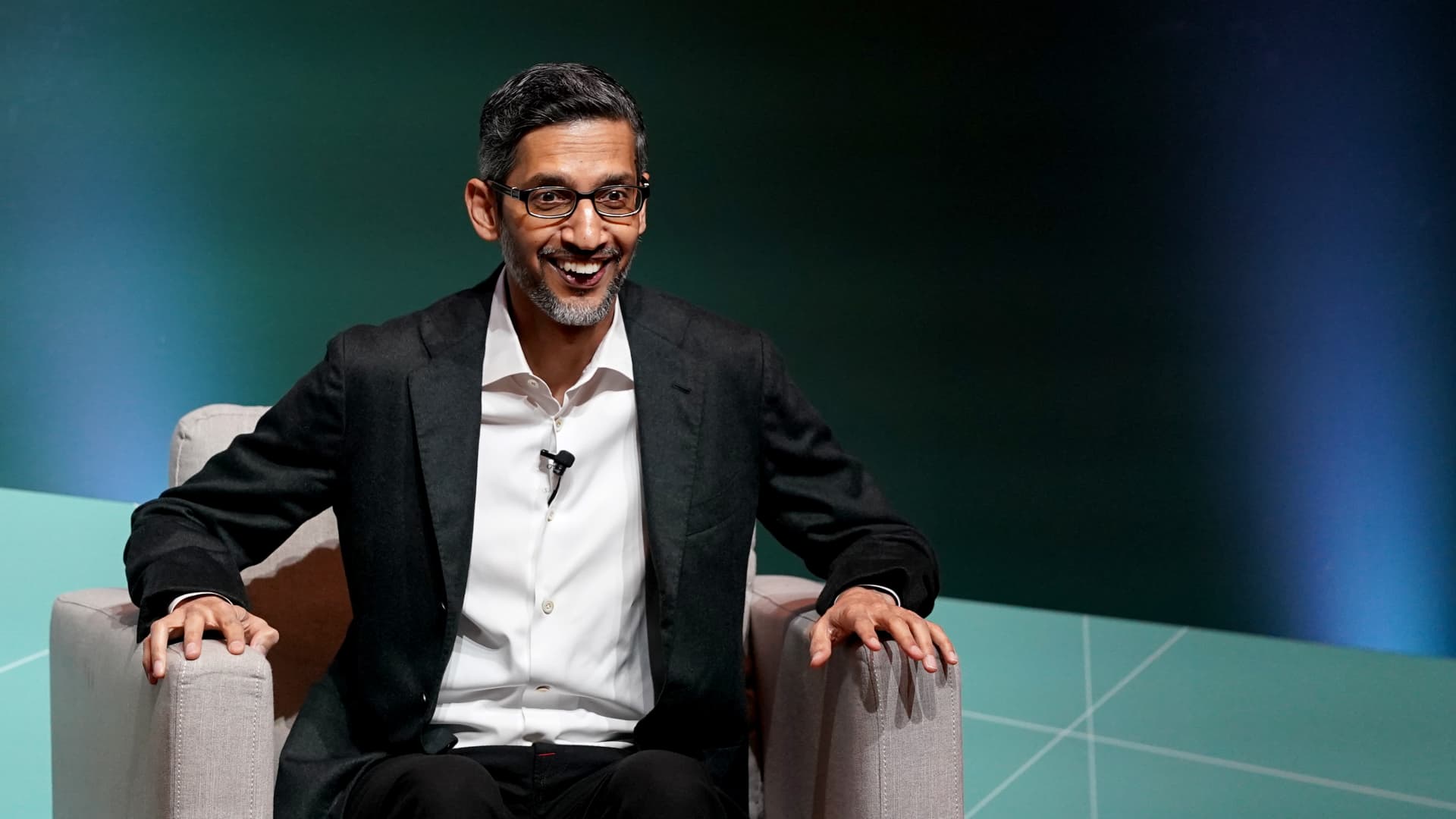Elizabeth Holmes, founder and former CEO of Theranos, arrives for motion hearing on Monday, November 4, 2019, at the U.S. District Court House inside Robert F. Peckham Federal Building in San Jose, California.
Yichuan Cao | NurPhoto | Getty Images
She was a billionaire CEO whose luxurious lifestyle rivaled that of any movie star.
Elizabeth Holmes employed personal assistants to run her luxury shopping sprees, traveled by private jet, stayed at exclusive hotels and drove an expensive SUV.
As the CEO of Theranos, she was constantly in the limelight. Now facing a slew of fraud charges and prison, her defense attorneys don’t want her wealthy past to be played out in the courtroom – saying it’ll prejudice a jury.
“The amount of money Ms. Holmes earned in her position at Theranos, how she chose to spend that money, and the identities of people with whom she associated simply have no relevance to Ms. Holmes’ guilt or innocence,” her attorneys wrote in a motion filed late Friday night.
Prior to her downfall, Holmes was once named the world’s youngest female self-made billionaire and Theranos was one of Silicon Valley’s unicorn startups — privately valued at $9 billion.
The government alleges that Holmes “had her Theranos-paid assistants run personal errands, perform personal tasks, and purchase luxury goods,” according to the filing.
In the motion, defense attorneys claim that the prosecutors’ motive argument is based on the assumption that Holmes’ luxurious lifestyle may have motivated her to “commit fraud to acquire or maintain that lifestyle.”
“Many CEOs live in luxurious housing, buy expensive vehicle and clothing, travel luxuriously and associate with famous people – as the government claims Ms. Holmes did,” they wrote.
During her jet-setting days Holmes wore her signature black turtle neck in numerous media appearances and appeared to hold the key to revolutionizing the high-cost health-care system.
Holmes promised Theranos could diagnose anything from diabetes to cancer with just a drop or two of blood. The company shut down in 2018 after a Wall Street Journal investigation exposed its unproven technology and dubious business practices.
What followed was a fall from grace for Holmes – who duped billionaire investors, board members and Walgreens.
Holmes and her co-defendant Ramesh “Sunny” Balwani are charged with a dozen felony fraud charges. Their trial is expected to start in U.S. District Court in San Jose, CA on March 9.
“The jury should not be subjected to arguments regarding Ms. Holmes’ alleged purchase of luxury travel, ‘fine wine,’ or ‘food delivery to her home’,” attorneys for Holmes said.
Holmes faces up to 20 years in prison if convicted.





